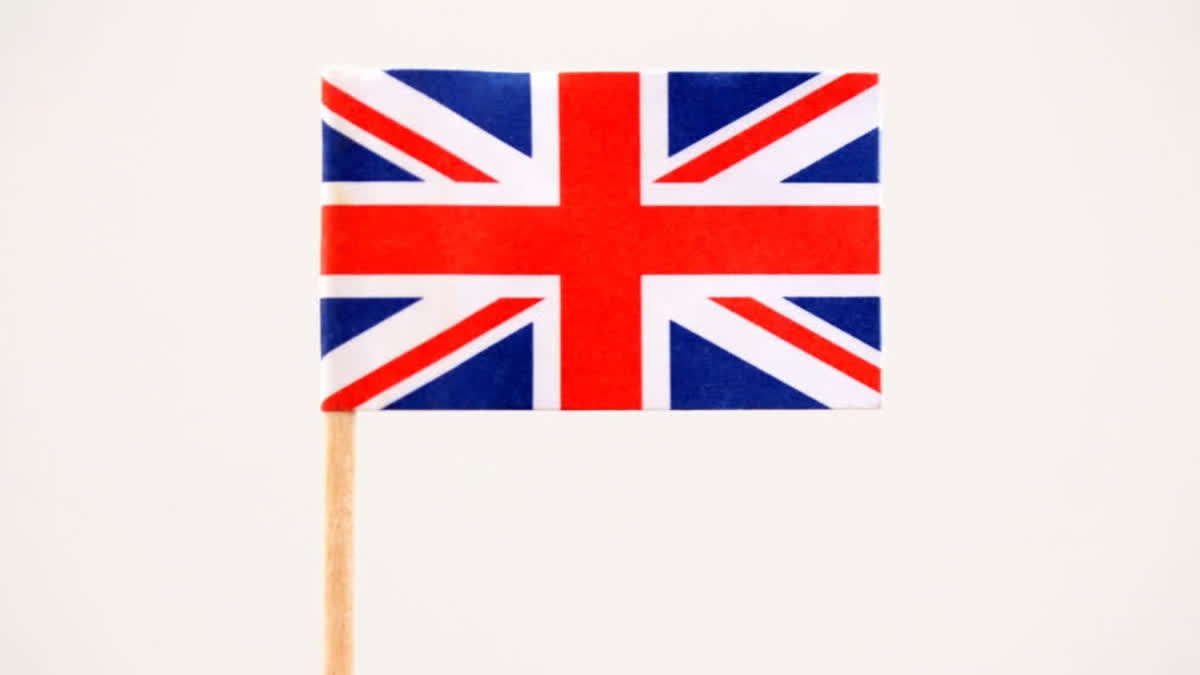New Delhi : As the United Kingdom gears up for the general election, set for July 4, 2024, one interesting question that pops up is why a general election in Britain is always held on a Thursday. In the UK, elections are traditionally held on Thursdays, a practice that dates back to the 1930s.
Why is the election always on a Thursday? Historically, Thursday was often market day in many towns, meaning people would already congregate in central locations, making it convenient for them to vote. Interestingly, Thursday was a common payday for many workers, so they would be less financially strained and more motivated to vote. Thursday is far enough from the weekend, avoiding any conflicts with religious observances that typically occur on Friday, Saturday, or Sunday. Another important reason for holding elections on a weekday not at the start or end of the week is that it ensures higher voter turnout as people are less likely to be travelling or taking long weekends.
It is pertinent to note that Rishi Sunak, who has been Prime Minister since October 2022, has called the election after months of speculation about its date. The deadline for an election was January 2025.
Earlier, announcing the election, the Prime Minister said, "The king has granted the dissolution of parliament, and the election will be on 4 July. In a sign that security and the economy will be key battlegrounds, Sunak noted that this election will take place at a time when the world is more dangerous than it has been since the end of the Cold War.
Why do the Indian votes matter in the UK's general elections? The upcoming UK general election, scheduled for July 4, 2024, is a pivotal event that could shape the country’s political trajectory for years. The British Indian vote is notably influential among the various factors affecting this election.
As per the Ministry of External Affairs, there are approximately 1.9 million people of Indian origin living in the UK, which accounts for about 3.1% of the total population in England and Wales. This includes both Non-Resident Indians (NRIs) and Persons of Indian Origin (PIOs). The Indian community is known for its high levels of education, professional success, and economic contribution.
In a conversation with ETV Bharat, Ashok Sajjanhar, a former Indian ambassador, emphasized the significant influence of the Indian community in the UK. He highlighted the pivotal role of every vote in a democracy, especially considering the substantial and prosperous Indian diaspora in the country.
Sajjanhar pointed out that both the Labour and Conservative parties are actively seeking to win over Indian voters, recognizing the potential diplomatic and financial support that comes with their backing. Furthermore, he acknowledged the growing sentiment of anti-incumbency against the Conservative Party after their 14-year reign, alongside the Labour Party's efforts to engage with the Indian community in Britain.
"India and the UK have made significant progress in the India-UK Free trade agreement as both the sides want a win-win proposition and a quality agreement, which is an important element in the bilateral relations", said the Indian ambassador, adding that strong bipartisan support would certainly extend in the United Kingdom. Britain will never be able to find a partner like India to safeguard its interests and counter Chinese influence in the region.
Based on recent data, Indian households in the UK stand out in high-income brackets, with 42 per cent earning £1,000 or more weekly between 2015-2018. Remarkably, despite representing a small portion of the population, they contribute over 6 per cent to the UK’s GDP.



